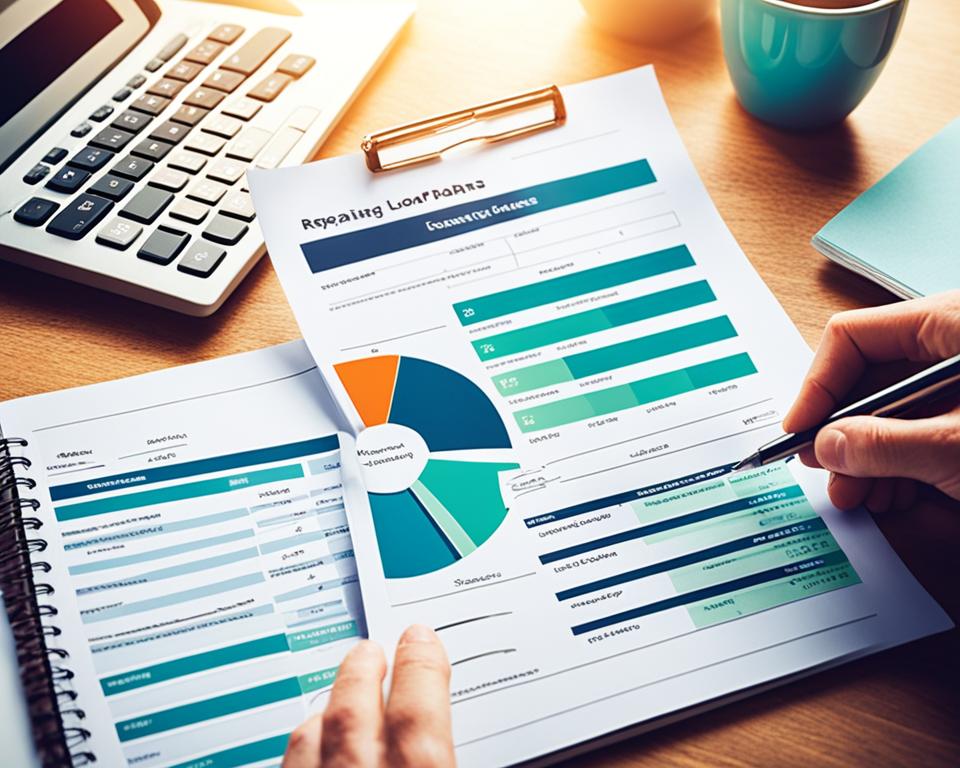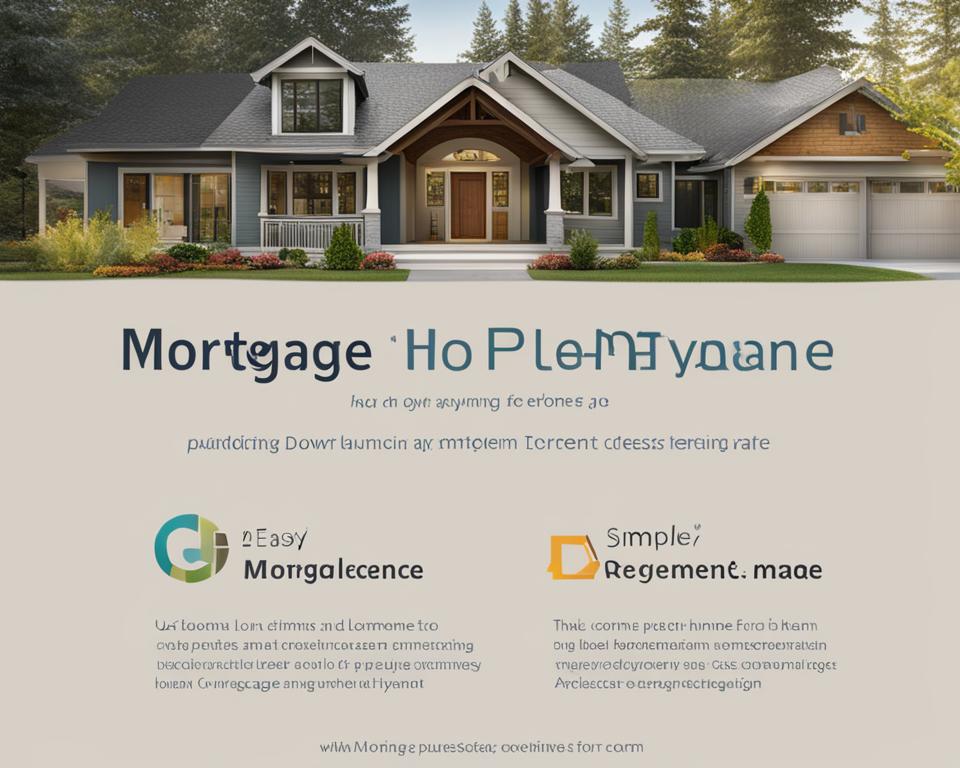How does my salary compare to the cost of the house?
One of the key considerations when buying a house is how your salary compares to the cost of the property. This comparison helps determine whether you can afford the house and manage the financial obligations that come with homeownership.
In order to assess this, it is essential to consider your current income and the price range of houses within your desired location. It is important to strike a balance where your salary is sufficient to cover mortgage payments while also allowing you to meet your other financial obligations and maintain a comfortable lifestyle. By analyzing your salary in relation to the house cost, you can gain a better understanding of your affordability in the housing market.
Factors to consider when determining affordability
When determining affordability, there are several factors that need to be considered. The first is your income and financial stability. It is important to assess whether your salary or income is sufficient to cover the cost of the house you are considering. This includes not only the monthly mortgage payment but also other expenses such as property taxes, insurance, and maintenance.
Another factor to consider is your debt-to-income ratio. This ratio compares your monthly debt obligations to your monthly income. Lenders typically use this to assess your ability to manage additional debt and determine how much they are willing to lend you. It is recommended to have a lower debt-to-income ratio to ensure a better chance of getting a mortgage approval and to have more breathing room in your budget.
Once you have considered these factors, it is also important to take into account the current housing market and mortgage rates. Understanding the trends and fluctuations in the market can help you gauge the affordability of buying a house at a certain time. Additionally, mortgage rates can greatly affect your monthly payments, so it is crucial to keep an eye on them when determining affordability.
It is always best to have a clear understanding of your financial situation and the costs associated with homeownership. By considering factors such as income, debt-to-income ratio, the housing market, and mortgage rates, you can make an informed decision about the affordability of buying a house.
Debt-to-income ratio: What is it and how does it affect affordability?
The debt-to-income ratio is a critical factor to consider when determining the affordability of a house. It measures the percentage of your monthly income that goes towards debt payments, including your potential mortgage payment. Lenders use this ratio to assess your ability to handle additional debt and make timely payments. Generally, a lower debt-to-income ratio indicates a healthier financial situation and higher affordability.
The debt-to-income ratio affects affordability in two ways. First, it helps lenders determine the maximum amount they are willing to lend you. Lenders typically have guidelines that stipulate the maximum debt-to-income ratio they are comfortable with. If your ratio exceeds this limit, it may be challenging for you to secure a mortgage or qualify for favorable terms. Second, a high debt-to-income ratio can strain your monthly budget, limiting the amount you can comfortably allocate towards mortgage payments. This, in turn, affects the price range of homes you can afford and may require you to consider more affordable alternatives. Understanding and managing your debt-to-income ratio is crucial to ensure a more financially sound homeownership journey.
Understanding the housing market and mortgage rates
Understanding the housing market is crucial when it comes to buying a house. The housing market is constantly changing, and being aware of these changes can greatly impact your decision-making process. One key aspect to consider is mortgage rates. Mortgage rates fluctuate based on various factors such as the state of the economy, inflation rates, and government policies. It is important to stay informed about current mortgage rates as they directly influence your monthly mortgage payments and overall affordability of the house you are considering. By keeping an eye on the housing market and staying updated on mortgage rates, you can make informed decisions about when to buy a house and what type of mortgage will work best for your financial situation.
Mortgage rates play a significant role in determining the affordability of a house. Even a small change in the mortgage rates can have a significant impact on your monthly payments and the total amount you’ll pay over the life of the loan. This is especially important to consider if you are planning to have a long-term mortgage. It is recommended to monitor mortgage rates and use them as a guide when deciding on the right time to purchase a house. By understanding the relationship between the housing market and mortgage rates, you can navigate the home buying process more effectively and ensure that you are making a financially savvy decision.
Saving for a down payment: How much do I need?
When it comes to saving for a down payment, determining how much you need depends on several factors. The first consideration is the type of mortgage you plan to get. Conventional loans typically require a down payment of at least 5%, while government-backed loans, such as FHA loans, may accept a down payment as low as 3.5%. However, keep in mind that a lower down payment usually means you’ll need to pay for private mortgage insurance (PMI) to protect the lender in case of default. Additionally, the amount you need to save will depend on the price of the home you want to buy. It’s important to have a clear understanding of your financial goals and capabilities to set a realistic savings target.
Another factor to consider when saving for a down payment is your financial situation. Assessing your income, expenses, and existing debts will help you determine how much you can comfortably set aside each month towards your down payment goal. It’s also crucial to have an emergency fund in place to cover unexpected expenses that may arise during the home buying process. Calculating your monthly savings goal and sticking to a budget will contribute to building a sufficient down payment over time. Remember, the larger your down payment, the less you’ll need to borrow, resulting in lower mortgage payments and potentially saving you money in the long run.
Budgeting for homeownership expenses beyond the mortgage payment
When budgeting for homeownership expenses beyond the mortgage payment, it is important to consider the various costs that come with owning a home. One such expense is property taxes, which can vary based on the location of the home and its assessed value. Property taxes are typically due on a yearly or semi-annual basis and can significantly impact your overall monthly housing costs. It is important to research the property tax rates in the area you are considering buying a home in and factor that into your budget.
Another important expense to consider is homeowners insurance. Homeowners insurance helps protect your investment in case of damage or loss to your property. The cost of homeowners insurance can vary depending on factors such as the size of your home, its location, and the type of coverage you choose. It is crucial to obtain quotes from multiple insurance providers to ensure you are getting the best price for the coverage you need. Including the cost of homeowners insurance in your budget will help ensure you are financially prepared for unexpected events that may occur.
Considering additional costs such as property taxes, insurance, and maintenance
Purchasing a house involves more than just the monthly mortgage payment. It is important to consider the additional costs that come with homeownership, such as property taxes, insurance, and maintenance. Property taxes are an essential expense that homeowners must plan for, as they contribute to funding local governments and services. The amount will vary depending on the assessed value of the property and the tax rates set by the local municipality. Insurance is another cost to consider, as it protects your investment and covers potential damages or accidents. Homeowner’s insurance typically includes coverage for the structure of the house, personal belongings, and liability protection. Lastly, it is essential to budget for ongoing maintenance expenses, as homes require regular care to keep them in good condition. These costs may include routine repairs, landscaping, and general upkeep. Being prepared for these additional expenses will help ensure a smoother homeownership experience.
Exploring mortgage options and their impact on affordability
One of the key factors to consider when buying a house is the mortgage option you choose. The type of mortgage you select can have a significant impact on your overall affordability. There are several types of mortgages available, each with its own set of terms and conditions. Some common options include fixed-rate mortgages, adjustable-rate mortgages, and government-backed loans. Fixed-rate mortgages offer stability as the interest rate remains constant throughout the loan term, providing predictability for budgeting purposes. Adjustable-rate mortgages, on the other hand, have interest rates that fluctuate periodically, which can result in varying monthly payments. Government-backed loans, such as FHA or VA loans, offer benefits like lower down payment requirements and more flexible credit qualifications. It is important to carefully evaluate these options to find the one that aligns best with your financial goals and circumstances.
Furthermore, it is essential to understand that the mortgage option you choose not only affects your affordability in the present but also in the long run. The interest rate, loan term, and any additional fees associated with the mortgage can impact the total cost of your home over time. For instance, a lower interest rate can save you thousands of dollars over the life of the loan, while a shorter loan term may result in higher monthly payments but less interest paid overall. It is crucial to consider these factors and calculate the potential costs of different mortgage options before making a decision. Consulting with a mortgage lender or an experienced professional can help you navigate the complex world of mortgages and choose an option that fits your budget and financial goals.
The importance of a good credit score when buying a house
Lenders use credit scores as a way to assess a borrower’s creditworthiness when considering a mortgage application. A good credit score is important when buying a house because it can determine whether you qualify for a loan, the interest rate you will be charged, and the overall affordability of the home.
A higher credit score generally indicates a lower risk borrower and can result in securing a lower interest rate. This means that with a good score, you may end up paying less for your monthly mortgage payments over the course of the loan. On the other hand, a poor credit score can limit your options and result in higher interest rates, making homeownership more expensive in the long run. It is therefore crucial to maintain a good credit score and address any credit issues before applying for a mortgage.
Seeking professional advice: Should I consult with a financial advisor or mortgage lender?
When considering the complex decisions involved in buying a house, seeking professional advice can be incredibly helpful. Both financial advisors and mortgage lenders offer valuable expertise in their respective fields, and their guidance can provide the necessary clarity and confidence during the homebuying process.
A financial advisor can assess your overall financial situation and offer personalized advice on how to best reach your homeownership goals. They can help you evaluate your current financial position, assess your budgeting and savings strategies, and provide guidance on how to optimize your finances to be more prepared for homeownership. Furthermore, a financial advisor can review your long-term financial goals and help you understand the implications of homeownership on your overall financial plan.
On the other hand, mortgage lenders specialize in the intricacies of home loans and can provide valuable insight into the mortgage options that align with your financial situation. They can help you navigate the complexities of mortgage rates, terms, and eligibility criteria. By discussing your financial situation and homeownership goals with a mortgage lender, you can gain a clearer understanding of the available mortgage options and determine the most suitable one for your needs.
Ultimately, while seeking professional advice is not mandatory when buying a house, it can significantly benefit you throughout the homebuying process. By consulting with both a financial advisor and mortgage lender, you can make more informed decisions regarding your finances and mortgage options, ultimately increasing your chances of achieving homeownership success.




